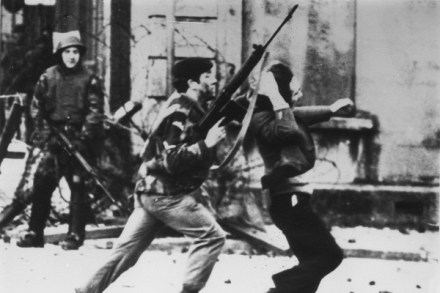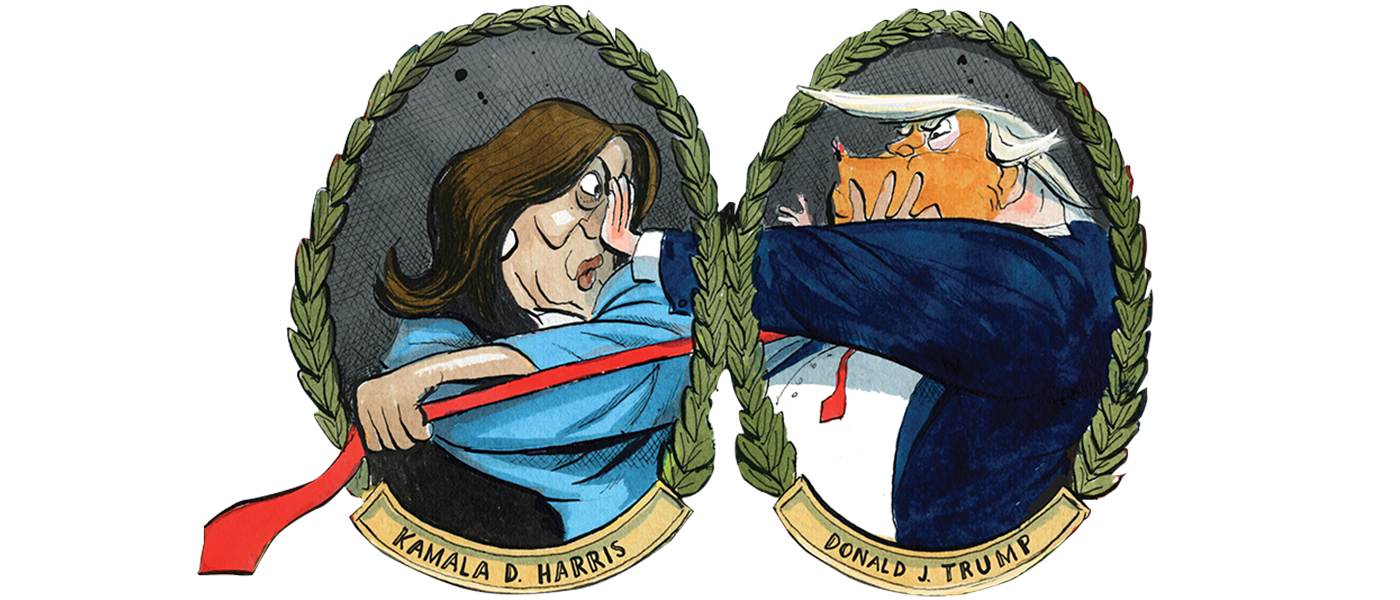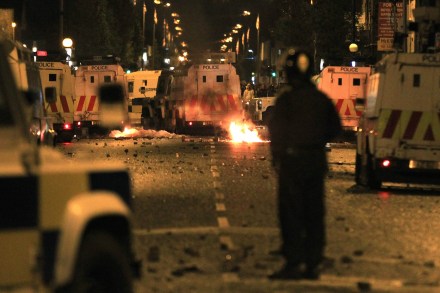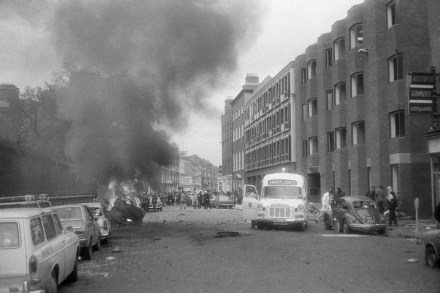4 years to bury the ghosts of Bloody Sunday?
It has just been announced that the police are going to launch an investigation into the Bloody Sunday deaths. It comes after the Police Service Northern Ireland and the Public Prosecution service reviewed the evidence of the Saville Inquiry. There will be a lot of comment about this in the coming days, but I think a couple of things are worth noting at the outset. Firstly, there can be no doubt that a number of soldiers deliberately shot and killed innocent people that day. Secondly, there can be no doubt that they then lied and misled an exceedingly long and costly public inquiry set up precisely in order to find











